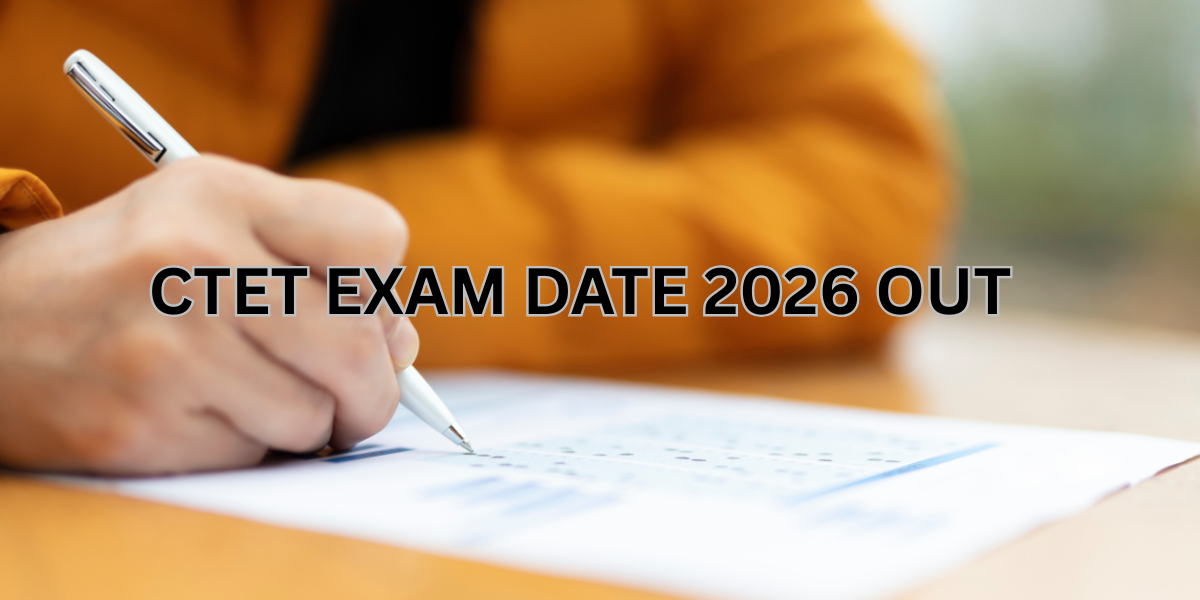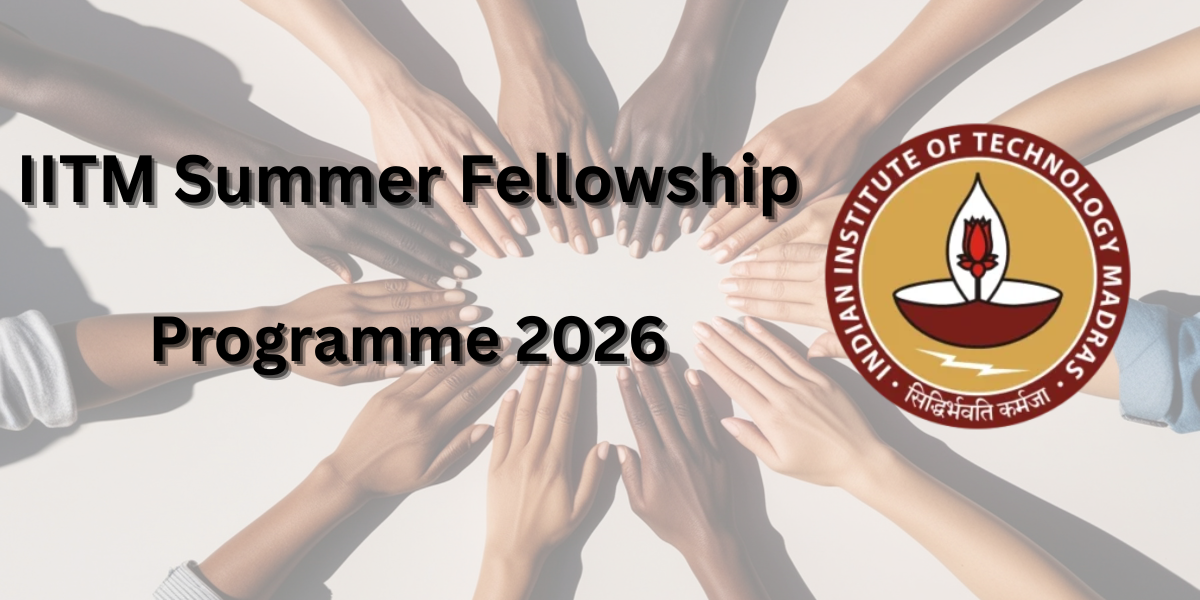As we enter the final quarter of 2025, thousands of students are preparing for the GNI Exams 2025, which encompass various entrance tests and semester examinations conducted by Guru Nanak Institutions across India. With multiple campuses offering diverse programs in engineering, pharmacy, hotel management, and technology, understanding the examination landscape has become crucial for academic success. This comprehensive guide provides the latest updates on examination schedules, preparation strategies, and essential information that every GNI aspirant needs to know for achieving their academic goals.
The GNI Exams Framework 2025
The Guru Nanak Institutions (GNI) network comprises several prestigious campuses, each conducting specific examinations for admission and semester assessments. The primary institutions include Guru Nanak Institutions Technical Campus (GNITC), Guru Nanak Institute of Technology (GNIT), and Guru Nanak Institute of Hotel Management (GNIHM).
GNITC, located in Hyderabad, offers undergraduate and postgraduate programs in engineering and pharmacy, with admissions primarily based on TS EAMCET, JEE Main, GATE, and TS PGECET scores. The campus has established itself as a premier educational institution with NAAC A+ accreditation and provides comprehensive technical education to over 3,000 students annually.
Key Examination Categories
Entrance Examinations: These include JET (Joint Entrance Test) for hotel management programs, which is conducted multiple times throughout the year in January, April, May, and June. The GNIHM JET consists of 65 questions to be completed in 60 minutes, with 60 multiple-choice questions worth 60 marks and 5 descriptive questions carrying 60 marks each.

Semester Examinations: Regular semester examinations are conducted for B.Tech, B.Pharm, MBA, and M.Tech programs following the academic calendar. Recent examination schedules show that odd semester examinations for 1st, 3rd, 5th, and 7th semesters were held from January 7-18, 2025, while even semester examinations took place from May 22 to June 4, 2025.
Latest GNI Exams Schedule and Updates for 2025
The examination calendar for 2025 has been systematically organized to accommodate the diverse academic programs offered across GNI institutions. Based on the latest official communications, several important updates have been released for students.
Recent Result Declarations
The most significant update is the release of B.Tech examination results for June 2025 sessions. Results have been declared for:
- B.Tech I-II (R22) Regular examinations
- B.Tech I-I, I-II (R22, R21, R18, R16) Supplementary examinations
- B.Tech III-I Special Batch (R22) Regular examinations
Students can access their results through the official portal at gnitcexam.in/BeesERP/Login.aspx using their hall ticket numbers as login credentials. The deadline for recounting and revaluation applications is August 20, 2025.
Upcoming Examination Schedules
For the academic year 2025-26, the examination schedule follows a structured timeline:
| Examination Period | Programs Covered | Duration |
|---|---|---|
| January 2025 | Odd Semester (1st, 3rd, 5th, 7th) | January 7-18, 2025 |
| May-June 2025 | Even Semester (2nd, 4th, 6th, 8th) | May 22 – June 4, 2025 |
| July-August 2025 | Supplementary Examinations | July 15 – August 10, 2025 |
Admission Timeline Updates
For students seeking admission to GNI institutions in 2025-26, the key dates include:
- TS EAMCET Counselling: Started July 4, 2025
- HSTES Counselling Registration: Ongoing until June 30, 2025
- Round 1 Seat Allotment Results: July 1, 2025 (B.Tech) and July 27, 2025 (B.Pharm)
Comprehensive Preparation Strategy for GNI Exams
Success in GNI examinations requires a well-structured preparation approach that addresses both entrance examinations and semester assessments. The preparation strategy should be tailored based on the specific examination type and academic program.
Entrance Examination Preparation
For GNIHM JET, which is one of the most popular entrance tests, candidates must focus on three core areas: English Language, General Knowledge, and Current Affairs. The examination pattern consists of 60 multiple-choice questions (1 mark each) and 5 descriptive questions (12 marks each), with no negative marking.
English Language Section: This covers reading comprehension, vocabulary, grammar, and basic communication skills. Candidates should practice previous year papers and sample questions available on the official website. Regular reading of newspapers, magazines, and English literature helps improve comprehension skills.
General Knowledge: Topics include Indian history, geography, politics, sports, awards, books and authors, currencies, inventions, and discoveries. Static GK preparation should focus on fundamental facts about India and the world, while dynamic GK requires staying updated with recent developments.
Current Affairs: Knowledge of recent national and international events, particularly in hospitality, sports, and politics, is essential. Regular study of current affairs magazines and online resources helps maintain updated knowledge.
Semester Examination Preparation
Engineering and pharmacy students must prepare for comprehensive semester examinations covering multiple subjects. The examination pattern typically includes:
Theory Examinations: 3-hour written examinations testing conceptual understanding and problem-solving abilities. Students should focus on NCERT textbooks, prescribed course materials, and previous year question papers.
Practical Examinations: Laboratory-based assessments evaluating hands-on skills and experimental knowledge. Regular practice in college laboratories and understanding of experimental procedures is crucial.
Internal Assessment: Continuous evaluation through assignments, seminars, and mid-term examinations. Consistent academic performance throughout the semester contributes significantly to final grades.
Time Management and Study Planning
Effective preparation requires systematic time management and organized study schedules. Students should:
- Create Study Timetables: Allocate specific hours for each subject based on difficulty level and examination weightage
- Practice Mock Tests: Regular practice of sample papers and mock tests helps improve speed and accuracy
- Group Study Sessions: Collaborative learning helps clarify doubts and enhances understanding of complex topics
- Regular Revision: Systematic revision of covered topics prevents forgetting and reinforces learning
Essential Resources and Preparation Materials
Success in GNI examinations depends significantly on the quality of study materials and resources utilized during preparation. Students should leverage both official and supplementary resources for comprehensive coverage.
Official Study Materials
The institutions provide several official resources:
- Prescribed Textbooks: Subject-specific textbooks recommended by respective departments
- Laboratory Manuals: Practical guides for experimental procedures and observations
- Previous Year Papers: Historical question papers available through official websites and libraries
- Syllabus Documents: Detailed curriculum outlines specifying topics and weightage
Online Learning Platforms
Digital resources have become increasingly important for exam preparation:
- Official Websites: gniindia.org, gnihm.ac.in, and related portals provide updated information
- E-Learning Modules: Online courses and video lectures covering curriculum topics
- Mock Test Platforms: Digital practice tests simulating actual examination conditions
- Educational Apps: Mobile applications for on-the-go learning and revision
Library and Physical Resources
Traditional study methods remain valuable:
- College Libraries: Comprehensive collections of reference books, journals, and research materials
- Study Groups: Peer learning sessions for collaborative problem-solving
- Faculty Consultation: Regular interaction with professors for guidance and doubt resolution
- Coaching Centers: Professional guidance for entrance examination preparation
Technology Integration in GNI Examination System
The modernization of examination systems has significantly enhanced the efficiency and reliability of GNI exams. Computer-based testing (CBT) has been implemented for various entrance examinations, providing several advantages over traditional paper-based tests.
Computer-Based Testing Features
Real-time Results: Immediate feedback and scoring capabilities reduce waiting time for results. The GNIHM JET, conducted in online mode, provides instant preliminary scores upon completion.
Enhanced Security: Digital platforms incorporate advanced security measures including biometric authentication, webcam monitoring, and randomized question sequences to prevent malpractice.
Accessibility: Online examinations enable participation from multiple locations, making it convenient for students across different geographical regions.
Digital Result Management
The implementation of comprehensive result management systems has streamlined the process of score declaration and certificate distribution. Students can access results through secure portals using unique login credentials, ensuring privacy and accuracy.
Results are made available in multiple formats including detailed mark sheets, grade reports, and semester-wise performance analytics. This comprehensive reporting helps students understand their academic progress and identify areas for improvement.
Future Trends and Developments in GNI Exams
As educational technology continues to evolve, GNI institutions are adapting their examination systems to meet changing requirements and enhance student experiences. Several trends are shaping the future of GNI examinations.
Adaptive Testing Systems
Implementation of adaptive testing mechanisms that adjust question difficulty based on student responses is being explored. This personalized approach ensures more accurate assessment of individual capabilities while maintaining examination integrity.
Integration with Industry Requirements
GNI Exams: Examination patterns are increasingly aligned with industry expectations and professional skill requirements. This alignment ensures that graduates are better prepared for workplace challenges and possess relevant competencies.
Sustainability Initiatives
Digital transformation of examination systems contributes to environmental sustainability by reducing paper consumption and minimizing physical resource requirements. This eco-friendly approach aligns with global sustainability goals and institutional social responsibility.
The GNI Exams 2025 represent a crucial milestone for thousands of students pursuing their academic dreams through Guru Nanak Institutions. With comprehensive preparation strategies, proper resource utilization, and adherence to updated schedules, students can achieve success in their chosen fields. The continuous evolution of examination systems, combined with traditional academic excellence, ensures that GNI continues to maintain its reputation as a premier educational institution preparing students for successful careers in engineering, technology, pharmacy, and hospitality management.
Students are advised to regularly check official websites for the latest updates and maintain consistent preparation efforts throughout their academic journey. Success in GNI examinations requires dedication, systematic preparation, and effective utilization of available resources, ultimately leading to rewarding career opportunities in competitive professional environments.
Read also: Upcoming bank exams 2025 all India banking job openings






